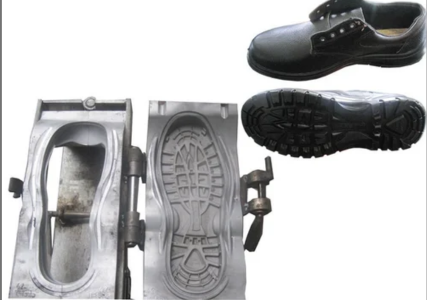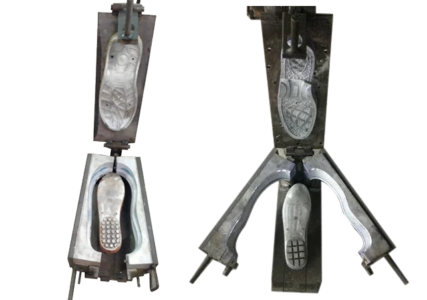A die maker is a skilled professional who specializes in the production of dies, molds, and other tools used in the manufacturing process. Dies are used to cut, shape, and form materials such as metal, plastic, and wood into specific shapes and sizes.
The role of a die maker is critical to the manufacturing process, as they are responsible for creating the tools that are used to create the products that we use every day. Without skilled die makers, it would be impossible to create many of the products that we rely on, from automobiles and aircraft to consumer electronics and household appliances.
Once the design is complete, a die maker must use a variety of machines and tools to create the die itself. This can involve using lathes, grinders, milling machines, and other specialized equipment to shape the metal into the desired form. The process of creating a die can be complex and time-consuming, as even a small error can result in faulty parts and production delays.
In addition to creating new dies, a die maker must also maintain and repair existing dies. This can involve sharpening blades, repairing damaged components, and making adjustments to ensure that the die is producing parts to the required specifications. Regular maintenance is critical to ensuring that the dies are functioning properly and that the production process remains efficient.
The job of a die maker requires a combination of technical expertise, creativity, and precision. They must be able to read and interpret technical drawings and blueprints, use a variety of tools and machinery, and have a deep understanding of materials science and manufacturing processes.
Die makers typically work in manufacturing facilities, machine shops, or tool and die shops. They may work independently or as part of a team, depending on the size of the operation. Some die makers specialize in certain types of dies, such as those used for stamping, extruding, or molding.
One of the key skills required for a die maker is attention to detail. Because even small errors in the design or production of a die can result in significant problems down the line, die makers must be meticulous in their work. They must be able to identify and correct problems quickly and accurately, and be able to work with precision and consistency.
Another important quality for a die maker is creativity. While the basic principles of die making are well-established, there is always room for innovation and improvement. A die maker must be able to think outside the box and come up with new solutions to complex problems.
To become a die maker, one must typically complete an apprenticeship program, which can take anywhere from three to five years. Apprenticeships are typically offered by trade unions or industry associations and involve a combination of classroom instruction and on-the-job training.
During their apprenticeship, die makers learn a variety of skills, including how to read and interpret technical drawings and blueprints, how to use a variety of tools and machinery, and how to work with different types of materials.
Once they have completed their apprenticeship, die makers may continue to learn and develop new skills throughout their career. This may involve attending training programs or workshops, learning new computer-aided design (CAD) software, or keeping up-to-date with the latest industry trends and advancements.
One of the most important skills for a die maker is precision. Dies must be manufactured to very exacting specifications, often with tolerances of just a few thousandths of an inch. This requires a high degree of skill and attention to detail.
In addition to precision, die makers must also be creative problem solvers. They may need to come up with innovative solutions to design challenges or find ways to make dies more efficient or cost-effective. This requires a combination of technical expertise and creativity.
Another important skill for die makers is communication. They must be able to work effectively with engineers, designers, and other members of the manufacturing team to ensure that the dies they create meet the needs of the project. They must also be able to communicate any issues or challenges that arise during the manufacturing process and work collaboratively to find solutions.
Die making is a highly skilled and specialized trade that plays a critical role in the manufacturing process. Without skilled die makers, many of the products that we rely on every day would not be possible. The work of a die maker requires a combination of technical expertise, precision, and creativity, as well as a commitment to quality and customer satisfaction. For those with an interest in manufacturing and a passion for precision, a career as a die maker can be both challenging and rewarding.
Overall, the role of a die maker is critical to the manufacturing process. They are responsible for creating the tools that are used to create the products we use every day, from automobiles and aircraft to consumer electronics and household appliances. They must be highly skilled, precise, and creative problem solvers, with a deep understanding of materials science and manufacturing processes.
If you are interested in pursuing a career as a die maker, you will need to complete an apprenticeship program and continue to learn and develop your skills throughout your career. It is a challenging and rewarding career that offers opportunities for growth and advancement, as well as the satisfaction of knowing that you are playing a critical role in the manufacturing process.

Safety Boots Moulds: The Backbone of Durable Footwear Manufacturing
Across worksites, where precision meets danger, safety boots are the first line of defense. ...
How Die Makers Make PU (Polyurethane) Shoe Sole Mould
Polyurethane shoe sole molds are commonly used in shoe manufacturing to create durable and ...
